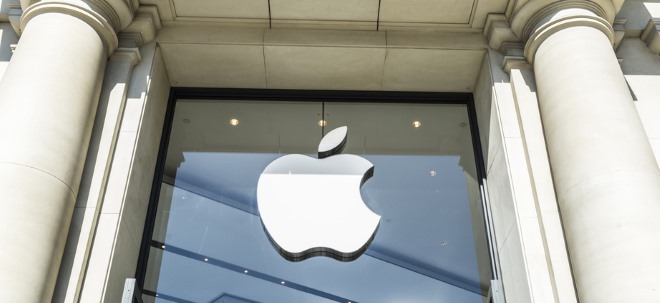Apple is using switching to its internally developed chipsets to challenge its PC competitors with an innovative desktop computer.
Apple flexes its muscles: Thanks to internally developed chips, the company challenges PC competition with an innovative desktop computer. The new iMac introduced on Tuesday is only 11.5mm thick – which is thinner than many screens without a PC inside. According to Apple, this is made possible by switching from Intel processors to internal M1 chipsets. Among other things, this significantly saves space: instead of a bulky cooling system, only two small fans are required.
Another advantage of the M1 chip is that it shares a technology platform with iPhones, making it easier for apps to work together. For the first time, the device’s keyboard is equipped with a fingerprint scanner like a portable Macbook. At 24 inches, the screen is among the previous smaller and larger models. Price from 1,445 euros is comparable to what Apple previously wanted for an iMac.
The M1 chip is also used on the next generation iPad Pro tablet. The larger model with a 12.9-inch screen also has a significantly improved screen with higher contrast representation. With work and learning from home, the iPad has become an important source of money for Apple during the Corona pandemic. In the last quarter of Christmas alone, iPad sales were up 40% year-over-year.
At the event, Apple also introduced its long-awaited AirTags – tiny panels that can be attached to things like keys so they can be found again quickly. Thus Apple competes with well-known technology providers such as Tile.
Apple already has the infrastructure for this through an internal website network linked to “Where is he?” Connected. Apple devices around the world help find lost items in their vicinity. Apple confirms that communication for this purpose is encrypted and anonymous. “The AirTag is designed to track things, not people.” Newer iPhones with an onboard ultra-wide radio chip can specifically locate objects using AirTags.
About “where?” So far, only Apple devices such as iPhones or AirPods can be found. However, a few days ago, Apple opened the network to other manufacturers – including an electric bike supplier. Tile’s competitor has already criticized Apple’s potential entry into the business as unfair competition because the company will have preferred position due to the iPhone. Apple puts the AirTag at € 35 – the more expensive model of Tile trackers costs just as much. Samsung, the leader in the smartphone market, recently introduced similar trackers.
The additional ads were a new version of the Apple TV box with better picture quality and a new remote control – the old version was often criticized for having an easy-to-click touch field. Apple also offers a podcast subscription form. Authors can only make individual episodes available to paying users. Subscription customers can also listen to podcasts without ads. Apple has expanded its subscription services business dramatically in recent years. The most important product of the group is the iPhone, which generates more than half of the revenues.
Apple shares lost $ 1.28 to $ 133.11 on Nasdaq.
Cupertino (dpa-AFX)
Image Source: Arsenie Krasnevsky / Shutterstock.com, J2R / Shutterstock.com, nui7711 / Shutterstock.com, TonyV3112 / Shutterstock.com

“Social media evangelist. Baconaholic. Devoted reader. Twitter scholar. Avid coffee trailblazer.”








More Stories
Longest jets in the universe discovered – giant particle streams as long as 140 Milky Way galaxies in a row
New method reveals 307 supernova remnants
Snapchat is upping the ante on augmented reality glasses